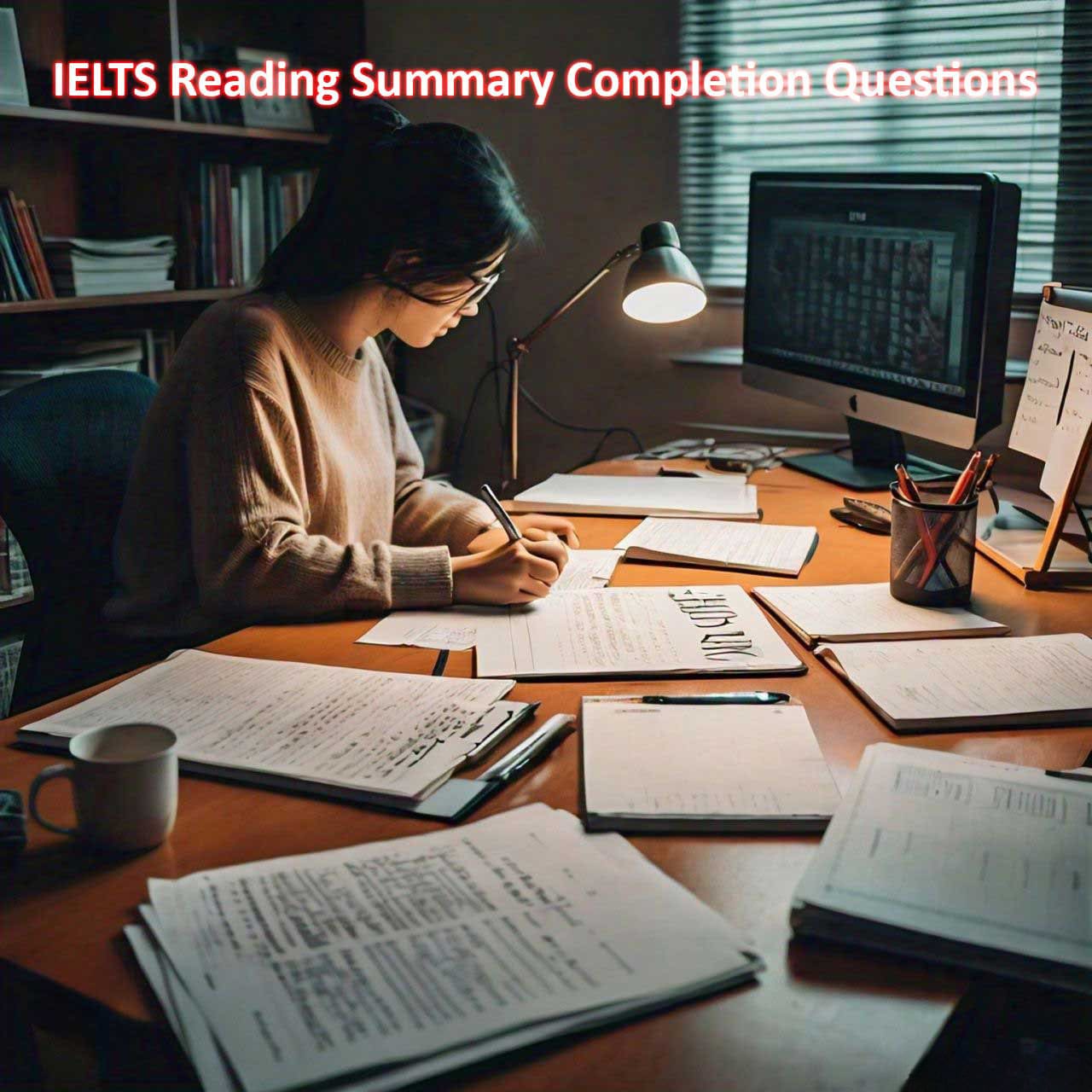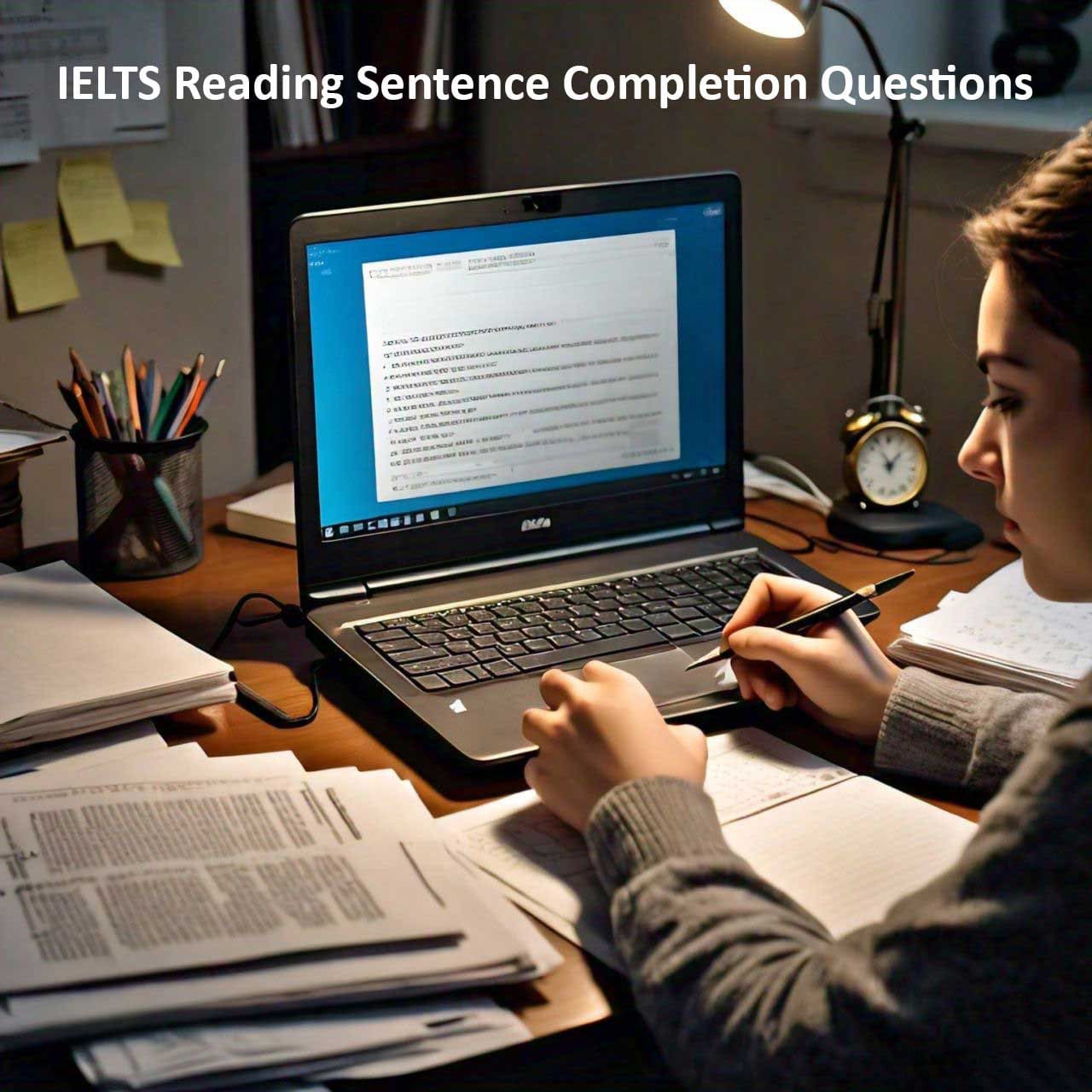Feeling overwhelmed by the IELTS Reading section? You’re not alone. Let’s break down exactly what you need to know and how to tackle the IELTS Reading Section of the test with confidence.
Table of Contents
First, Know What You’re Up Against
The Reading section gives you:
- 3 challenging passages to read
- 60 minutes to complete everything
- 40 questions to answer
- A variety of question types to handle
Think of it as solving a puzzle – you just need the right techniques to piece it all together.
Essential Strategies That Actually Work
1. The Skim-and-Scan Technique
Don’t read every word! Instead:
- Spend 1-2 minutes skimming each passage for main ideas
- Look for signposts like headings and bold text
- Pay attention to first and last sentences of paragraphs
- Circle key names, dates, and numbers as you go
Pro tip: Think of skimming as taking a bird’s eye view of the text before diving in.
2. Question-First Approach
Before reading in detail:
- Read all questions for a passage
- Underline keywords in the questions
- Look for clues about where to find answers
- Note what type of answer you need (dates, names, opinions, etc.)
3. Smart Keyword Hunting
Make keywords work for you:
- Look for synonyms of question words in the text
- Pay attention to context around keywords
- Remember that answers often use different words to express the same idea
- Watch for qualifying words like “some,” “most,” “always,” “never”
4. Time Management That Works
Break down your 60 minutes:
- First passage: 20 minutes
- Second passage: 20 minutes
- Third passage: 20 minutes
Within each 20-minute block:
- 2 minutes: Skim passage and questions
- 15 minutes: Answer questions
- 3 minutes: Review and transfer answers
Tackling Different Question Types
Multiple Choice
- Eliminate obviously wrong answers first
- Watch for trap answers that seem right but contain small errors
- Look for evidence in the text to support your choice
True/False/Not Given
- Remember: “Not Given” means the text doesn’t mention it
- Don’t use your own knowledge – stick to what’s in the text
- Look for exact meaning matches, not just similar words
Matching Headings
- Read the first and last sentences of paragraphs carefully
- Look for the main idea, not just details
- Match headings to overall themes, not specific examples
Practice Makes Perfect: Your Action Plan
Daily Practice Routine
- Read English texts for 30 minutes daily
- Time yourself when practicing
- Use official IELTS practice materials
- Keep track of question types you find difficult
Vocabulary Building
- Create a vocabulary journal
- Focus on academic and formal words
- Learn common synonyms
- Practice recognizing paraphrased ideas
Error Analysis
After each practice test:
- Review every wrong answer
- Identify why you got it wrong
- Make notes on how to avoid similar mistakes
- Look for patterns in your errors
Test Day Success Tips
The Night Before
- Get a good night’s sleep
- Prepare everything you need
- Review your time management strategy
- Relax – you’ve prepared well!
During the Test
- Stay calm and focused
- Trust your practice and preparation
- Keep moving – don’t get stuck on hard questions
- Leave time to transfer answers carefully
Common Pitfalls to Avoid
- Don’t spend too long on one question
- Don’t try to understand every word
- Don’t rely on background knowledge
- Don’t leave any questions unanswered
Final Thoughts
Remember: The IELTS Reading section isn’t just testing your English – it’s testing your strategic thinking. With these techniques and consistent practice, you can approach this section with confidence.
Focus on improving a little each day, and you’ll see your scores improve. The key is not just working hard, but working smart with the right strategies.
Keep practicing, stay positive, and remember – every practice session brings you closer to your target score!



